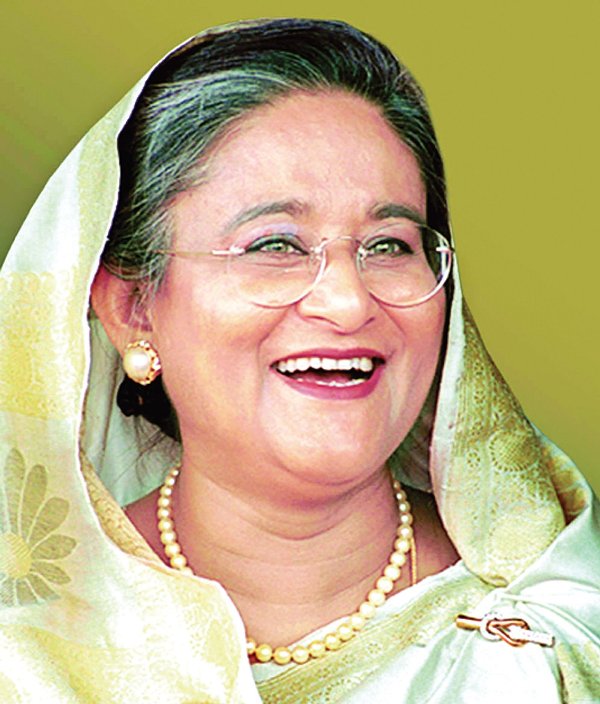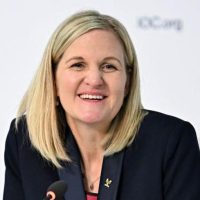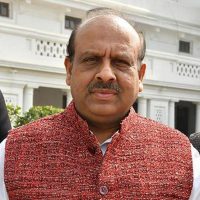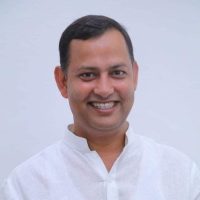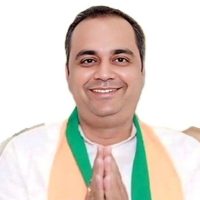| Sheikh Hasina’s father, Sheikh Mujibur Rahman, was the first President of Bangladesh in 1971. |
| Sheikh Hasina has expressed in interviews that she grew up in fear due to her father's political activities. |
| In college, she won the vice-presidential elections of her College's Student Union, defeating Motiya Chowdhury, who later joined the Awami League party. |
| Due to the political instability in Bangladesh in 1971, Sheikh Hasina had to leave the country for several years. |
| Sheikh Hasina was not in Bangladesh when her father was assassinated in 1975; she and her sister were in West Germany and were not allowed to return. |
| Sheikh Hasina returned to Bangladesh from exile in India when she was elected to lead the Awami League Party in 1981. |
| During the 1980s, Sheikh Hasina was detained and placed under house arrest twice. |
| In 1990, Sheikh Hasina played a significant role in challenging General Ershad's martial law in Bangladesh. |
| Sheikh Hasina's efforts led to significant improvements in Bangladesh's political landscape, making it more democratic and less violent. |
| In 1991, Sheikh Hasina won the election in her home constituency and became the Leader of the Opposition in the Fifth Parliament of Bangladesh. |
| Her party won the national election in 1996, making Sheikh Hasina the second female Prime Minister of Bangladesh. |
| During her tenure, Sheikh Hasina signed important treaties with India and local groups, promoting peace and development in Bangladesh. |
| In 1997, Sheikh Hasina was proposed to co-chair the ‘Micro-credit Summit’ with other global leaders. |
| During her time as Prime Minister, there were demands for early elections due to corruption allegations against Bangladesh. |
| In 2001, Sheikh Hasina lost the election, leading to political unrest and protests in Bangladesh. |
| In 2004, Sheikh Hasina survived multiple fatal attacks during her time in the opposition. |
| Sheikh Hasina won the 2008 elections with a two-thirds majority and became the Prime Minister for the second time. |
| Sheikh Hasina took office as Prime Minister for the third time in January 2014 after winning the general election. |
| Her rivalry with Khaleda Zia is famously called the “Battle of the Begums”. |
| Sheikh Hasina is involved with various organizations promoting women's education and empowerment. |
| Sheikh Hasina is ranked 30th on Forbes’ list of the world’s most powerful women. |
| Sheikh Hasina's efforts have helped improve the position of women in Bangladeshi society. |
| In the 2018 general elections, Sheikh Hasina's party achieved a significant victory, leading her to become the Prime Minister for the 10th time. |
| Sheikh Hasina won the 2024 Bangladesh general elections and became the Prime Minister for the fifth consecutive term, making her the longest-serving Prime Minister of Bangladesh. |
